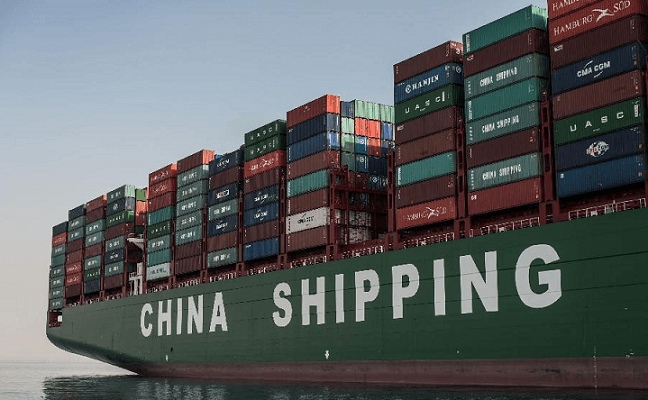Alternatives to Chinese Suppliers in Africa: Expanding Sourcing Options for African Businesses
For decades, Chinese suppliers have dominated the import landscape in Africa, offering a wide range of affordable products. While China remains a key sourcing hub, many African businesses today are exploring alternatives to Chinese suppliers to diversify their supply chains, reduce dependency, and tap into new partnerships with competitive pricing and quality standards.
Whether you’re in import/export, wholesale distribution, FMCG, or logistics, finding diversified sourcing options can help improve supply chain resilience and profitability.
Why African Businesses Are Looking Beyond China
1. Supply Chain Disruptions
Global disruptions, such as the COVID-19 pandemic and shipping delays in the Red Sea, have highlighted the risks of over-reliance on Chinese supply chains.
2. Increasing Costs
Manufacturing and logistics costs in China have risen over time, eroding some of the low-price advantages African importers once enjoyed.
3. Regulatory & Trade Shifts
Global trade tensions and shifting export policies are causing African businesses to look for more stable and accessible sourcing markets.
4. Desire for Regional Trade Growth
With the rise of the African Continental Free Trade Area (AfCFTA), many businesses want to strengthen intra-African trade and build supply partnerships closer to home.
Key Alternative Supplier Regions for African Importers
1. India
India is becoming a major supplier of consumer goods, electronics, pharmaceuticals, and machinery, offering competitive prices and improved quality. Indian suppliers are increasingly focusing on African markets, creating more tailored partnerships.
2. Turkey
Turkey supplies textiles, home goods, electronics, and industrial equipment, with shorter shipping routes to West and North Africa. Turkish manufacturers often provide flexible Minimum Order Quantities (MOQs) and quality standards comparable to Europe.
3. Vietnam & Thailand
Vietnam and Thailand have emerged as reliable sources for electronics, plastics, and FMCG products, offering cost competitiveness and efficient shipping routes.
4. South Africa & Egypt
Intra-African sourcing is gaining traction. South Africa and Egypt produce a range of consumer goods, construction materials, and machinery suited for African markets.
5. Europe (Spain, Italy, Germany)
For higher-end goods and machinery, some African businesses are re-engaging European suppliers for better warranty services, technology support, and long-term relationships.
How Wigmore Trading Can Help African Businesses Diversify Suppliers
As a trusted import/export and wholesale distribution partner, Wigmore Trading helps African businesses find reliable suppliers across the globe, not just China. Our services include:
-
Global Sourcing: Leverage our network across India, Turkey, Vietnam, South Africa, and Europe.
-
Supplier Vetting: We conduct background checks, compliance verification, and quality assessments to minimize sourcing risks.
-
Shipping & Logistics: We manage freight, customs clearance, and warehousing to streamline your supply chain.
-
Wholesale Distribution: Need ready-to-ship products? Wigmore Trading stocks a range of FMCG, electronics, and household goods from global suppliers.
Whether you’re sourcing electronics, FMCG products, or industrial equipment, Wigmore Trading can help you diversify your supplier base while improving supply chain resilience.
Conclusion
China remains an important partner for African trade, but today’s business climate calls for diversification. By exploring new markets like India, Turkey, Vietnam, and intra-African suppliers, African businesses can secure better pricing, reduce risks, and build resilient supply chains.
Contact Wigmore Trading today to explore sourcing alternatives beyond China and streamline your procurement process across Africa.








Comments are closed.